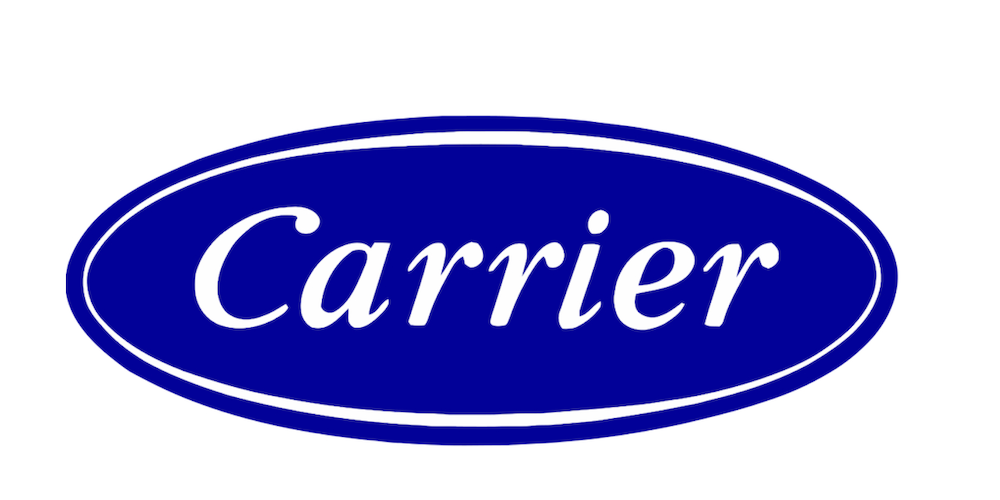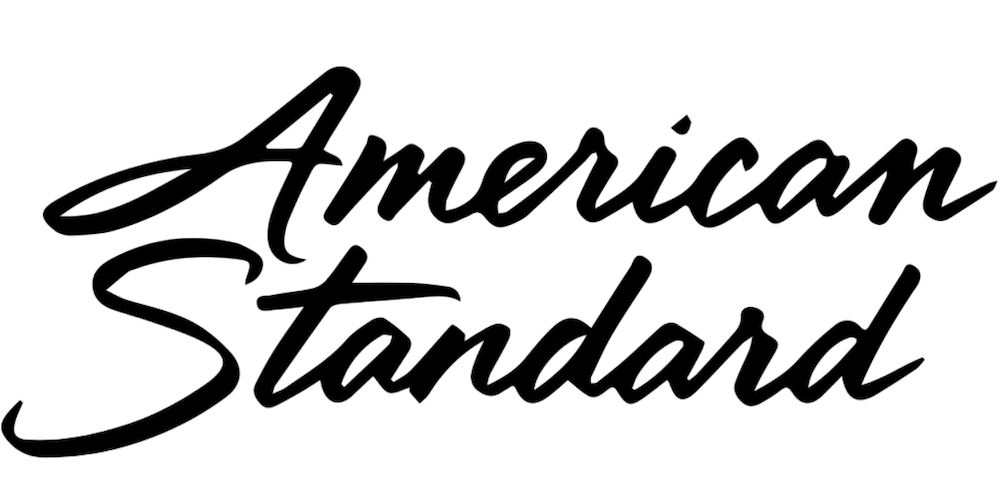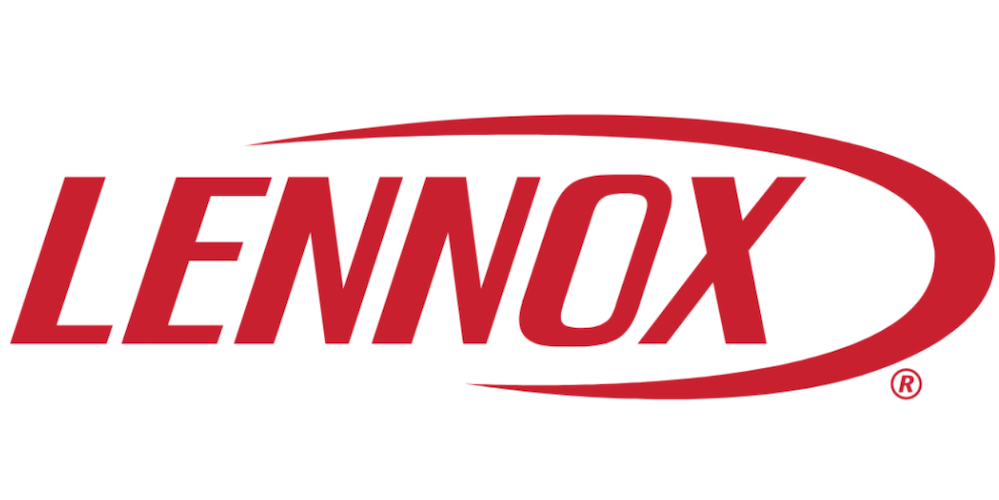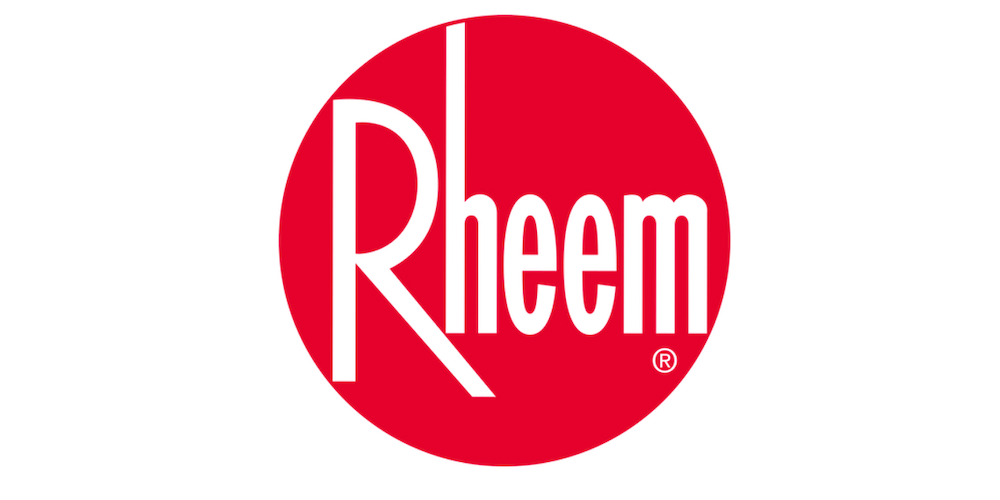The best furnace brands of 2022 are Carrier, American Standard, Lennox, Rheem, and Trane in no particular order.
While our list should help narrow down your search, you should prioritize who you choose to install your new furnace.
Every established brand offers a similar suite of affordable, efficient, and warranty-backed furnaces.
On top of that, furnace performance and longevity largely depend on the installation quality.
That’s why hiring an experienced contractor and relying on their preference and manufacturer certifications should dictate the “best” furnace brand for you.
Don’t rule it out if it’s not on our list: this buying guide covers what you should look for in a high-quality furnace brand.
First, let’s review why these select home heating names deserve special attention.
Get in touch with a local contractor today.
On this page
How much does a new furnace cost?
Typically, gas furnace costs range between $2,000 and $11,000, including installation.
Cost factors include:
- Furnace size: measured in BTUs. Larger furnaces, as in more BTUs, cost more
- Efficiency: measured in 0 to 100 Annual Fuel Utilization Efficiency, or AFUE. More efficiency, as in more AFUE, adds to costs
- Brand: brands price themselves differently
- Installer: installation costs differ from one technician to another
5 best furnace brands
Carrier

Image source: Carrier Global
Average cost: $4,141
Warranty: 10-year parts, 20-year heat exchanger
Affiliate brands: Bryant, Payne, HEIL, Tempstar
Carrier is arguably the best-known name in the industry – and it's just not because of their 100-plus years in the business.
Their consistently high-rated air conditioners, heat pumps, and furnaces back up their reputation.
For starters, we like that Carrier furnaces offer something for every budget.
Even their entry-level Comfort series offers efficiency ratings as high as 96.5 AFUE at an affordable price.
Step up to their Performance line for more comfort and efficiency features like variable speed blower motors.
For the latest in heating system performance, look towards their Infinity series. Their flagship furnace model, the 59MN7, can adjust fan speeds in 1 percent increments, which is how it achieves a 98.5 percent AFUE rating. That's about as high as it goes.
As for the 10-year warranty on parts and 20-year heat exchanger coverage, that's par for the course.
Carrier also has an extensive lineup of sub-brands. Should you seek near-identical alternatives to Carrier, check out HEIL, Payne, and Bryant furnaces.
American Standard

Image source: American Standard Brand
Average cost: $4,249
Warranty: 10-year parts, 20-year heat exchanger
Affiliate brands: Trane, RunTru, Ameristar
American Standard falls towards the pricier side of things, but we argue it's worth it for their efficient and reliable furnaces.
Their quality is partially demonstrated by their ownership under Ingersoll Rand, which manufactures Trane, another major HVAC player on this best-of list.
Like other reputable HVAC brands, American Standard furnaces cater to heating needs big and small thanks to their assortment of efficiency and pricing options.
You'll find all of the bells and whistles on American Standard Platinum products. Although their Gold and Silver lines do not come as well-appointed, they can still exceed 96 AFUE without breaking the bank.
Their 10-year parts and 20-year heat exchanger warranty align with industry standards.
For more peace of mind, stick to the Gold and Platinum lines. American Standard elevates these lines with a lifetime warranty on the heat exchanger.
Lennox

Image source: Lennox
Average cost: $3,942
Warranty: 10-years parts, 20-year heat exchanger
Affiliate brands: Ducane, Armstrong, Concord, Allied, AirEase, Airflo
On efficiency capabilities alone, Lennox tops all other brands.
The SLP99V, part of their premier Dave Lennox Signature Collection, is the best furnace money can buy performance-wise. It's not cheap, but that's the price to pay for 99 AFUE.
Of course, most homeowners won't be purchasing the most advanced furnace on the market.
The more modest Merit and Elite Lennox furnace series better suit homeowners on a budget.
Although they don't carry the Dave Lennox Signature insignia, they're not necessarily a big step down. Their entry-level Merit products can achieve AFUE ratings as high as 96.
On the downside, Lennox customers face a replacement parts situation.
Lennox builds their HVAC systems with proprietary components, unlike most brands that use similar suppliers.
Consequently, the only way to get new parts is from Lennox themselves – a notoriously weeks-long process.
You may never need replacement parts for your furnace. Despite the prolonged repair times, many still consider Lennox a premium brand.
The Lennox warranty is relatively standard – 10 years parts and 20 years heat exchanger – as long as you register your furnace. They throw in a lifetime heat exchanger warranty on their Elite and Dave Lennox signature products.
Rheem

Image source: Rheem
Average cost: $3,220
Warranty: 10-year parts, 20-year heat exchanger; conditional unit replacement within 10 years for select units if certain parts fail
Affiliate brands: Ruud
Rheem may not carry the same name recognition in the field, but they're arguably the best brand on the list.
Rheem furnaces are a great choice for homeowners looking to stick to a strict budget.
Perhaps more importantly, Rheem's warranty goes above and beyond.
Many of their products come with a 10-year or lifetime conditional unit replacement warranty, meaning Rheem will replace the entire unit should certain parts fail within the coverage period.
Those looking for the latest and greatest tech might not swoon, however.
Their best furnace, the Prestige R96V, only reaches 96 AFUE. It’s very efficient, but not as cost-saving as some competitors.
In addition to Rheem, they sell products under the Ruud name. Check them out if you want a similarly excellent warranty coverage with potentially better pricing.
Trane

Image source: Trane
Average cost: $4,273
Warranty: 10-year parts, 20-year heat exchanger
Affiliate brands: American Standard, RunTru, Ameristar
As an Ingersoll Rand brand, Trane furnaces come with many of the same parts, features, and pricing as American Standard.
Trane differs from American Standard in that it lacks easy-to-understand price tiers like Silver, Gold, and Platinum. Instead, Trane breaks down its furnace offerings by efficiency ratings.
They arguably make up for this with their most energy-efficient furnace. At 97.3 AFUE, the Trane XV95m marginally eclipses American Standard's top furnace.
Trane and American Standard don’t differ much beyond that. When registered, their warranties provide the same 10-year parts and 20-year heat exchanger coverage.
You can essentially think of Trane and American Standard as one and the same when it comes to quality, reliable, and efficient brands – minus the badging.
If you can't decide on which to choose, we recommend defaulting on your installer's recommendation.
What makes a good furnace brand?
The warranty
Typical furnace warranties are 10 years for parts and 20 years for heat exchangers – the components that transfer heat from the burning gas to the air.
Anything less is substandard while anything extra, like a labor warranty, only adds peace of mind.
Usually, manufacturers limit coverage only to furnaces installed by a licensed contractor.
Many brands also require you to register your furnace during the first few months after installation to get their most comprehensive coverage.
Carrier, for instance, only provides a 5-year parts and 20-year heat exchanger warranty for unregistered units. If you register within 90 days of installation, you get a 10-year parts warranty for all product lines and a lifetime heat exchanger warranty for Performance and Infinity series furnaces.
Energy-efficient options
By “efficient,” we mean furnaces with high Annual Fuel Utilization Efficiency ratings. According to the Department of Energy, AFUE is the ratio of the furnace's or boiler's annual heat output compared to its total annual fossil fuel energy consumed.
Top-of-the-line gas furnaces have AFUE ratings as high as 99, meaning all but 1 percent of natural gas converts into heat. Another way to look at it is every dollar you spend on natural gas for heating, only 1 cent goes to waste (you may still lose heat via leaky ductwork and poor insulation, however).
High-efficiency furnaces cost more upfront, but they can pay for themselves over time.
Most brands, even those that don’t make our best-of list, sell furnaces in the middle to upper 90 AFUE.
Just skim through the list of Energy Star certified furnaces and you’ll find thousands of options among dozens of brands.
Efficiency, therefore, should not be the only facet you pay attention to. However, it can dictate a final decision once you settle on a brand or a few competing options.
Features
There are a few key features to consider when shopping for furnaces:
- Variable and two-stage fans: operates at lower fan speeds as needed to improve efficiency and reduce noise levels
- Modulating gas valve: reduces heat output when necessary to improve efficiency and minimize temperature swings
- Dual heat exchangers: helps extract more heat from burned gas to improve efficiency
- Air filtration: maintains interior air quality
- Ignition systems: intermittent, direct spark, and hot-surface ignition are more efficient than traditional pilot light systems
You don't have to seek these features outright. Usually, extra-efficient and premium furnaces come equipped with some or all of these features.
Reliability
Reliability figures may not sway your decision when you consider that several factors out of the manufacturer's control impact heating performance, namely installation quality, thermostat placement, and insulation levels.
Despite this, our list includes top-ranked brands in predicted reliability and owner satisfaction from Consumer Reports.
Many sites rely on anecdotal evidence like customer reviews. Although individual experiences help paint a good picture, we wouldn't give them too much weight when choosing a furnace brand.
Pricing
A brand might offer the most efficient and tech-equipped furnace, but it won’t be a good option if it overshoots your price range.
Fortunately, most brands break down their furnaces into basic, better, and best price points to accommodate any budget.
Our list includes brands that offer both premium and entry-level models.
Your installer's preference
A furnace only functions as well as its installation.
For this reason, you may very well want to direct your focus away from brands and toward finding an established, experienced, and extensively reviewed heating, ventilation, and air conditioning contractor in your area.
Some HVAC technicians may have brand-specific certifications that ensure proper furnace installation and warranty coverage.
By sticking to the brands they know, you promote optimal efficiency and reduce the likelihood of premature failure. They should also know precisely how to service your furnace should it need repairs down the road.
Which furnace brand should I pick?
While Carrier, American Standard, Lennox, Rheem, and Trane rank as the best furnace brands, the one you choose means little in the grand scheme.
Every big-name brand offers cutting-edge technology, varying price levels, and comparable warranties, which means you’ll find a serviceable furnace no matter which you choose.
What really matters is which furnace your contractor likes and knows how to install.
You’ll get more out of an Amana, Daikin, or Goodman furnace installed by a contractor intimate with the brand than forcing a similarly-specced Lennox on them because you read it’s the best.